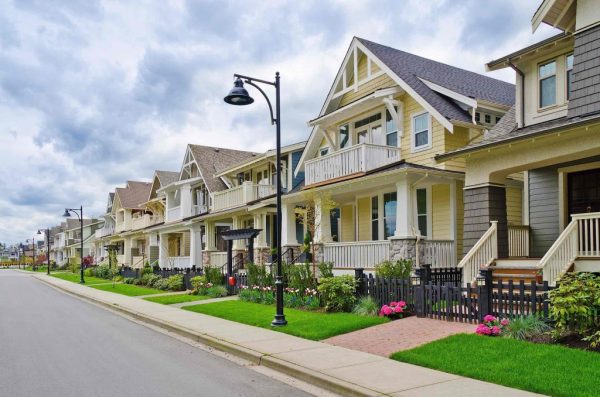Given the ongoing economic situation and the pandemic disrupting life and most sectors, the impact of the novel virus on the Nigerian real estate is huge and it might take up to three years before it stabilizes.
The effect of oil shocks on the economy accounts for a weakening in the country’s currency value which has a significant effect on the citizen’s income and the property market as well.
The impact of the COVID-19 pandemic has resulted in massive unemployment, salaries reduction, business failures, job uncertainty among others. In the real estate sector, home buyers trade with caution to avoid making a worse investment decision.
This article explains five factors that drive the housing market in the post-coronavirus era.
Inflation
With the continuous rise in the prices of goods and services as a result of the current inflation rate at 13.39 per cent, Prices in the real estate property market will continue to spike up as the high inflation rate hits the Nigeria economy. The simple and obvious reason behind this is that as the prices of construction and building material increases, developers tend to spend more during an ongoing building project, existing properties are also not left out as there is an increase in value owing to the reduced supply of new constructions.
As inflation devalues the currency the financial institutions are forced to increase the interest rate to most construction companies who depend on loans for the development of their projects which result in the spike up in property prices.
Interest Rate
Historically, Nigeria’s interest rate has always been high and this is attributed to the monetary policy in the country. When the interest rate is high people’s buying power reduces.
An increase in mortgage rate usually hurts real estate because fewer people are unwilling to borrow and pay high interest on their debts. Tighter lending standards simply mean that interested real estate investors will withhold their funds and cut back on spending, this has been the situation in Nigeria over the last few years.
Economy
With the possibility of a looming recession which affects the demand for home and shrinks home prices too, many people are undecided to commit to a long-term investment such as a home purchase since a mass majority of Nigerians have no income or job and as such become conservation in terms of spending while waiting to see when the economy recovers and return to normalcy.
Home Buyers Confidence
With so much scam happening in the real estate property market, many homebuyers have lost confidence in most development firms, some are hesitant to buy so as not to fall victims to fake real estate practitioners and property developers while looking to invest in the property market.
Homebuyers need to understand the types of documentation that govern property acquisition like the Deed of Assignment/Conveyance, Deed of sub-lease, Certificate of Occupancy and others so help them make a smart investment that guarantees a good return on investment.
Government Regulation
The government needs to sanitize and get more involved in the real estate sector by improving its mortgage financing structure. There is a need to develop a credit scheme that would benefit developers in housing construction and eligible homebuyers acquire property without the fear of the high cost that comes with the mortgage company.
With the transition from office to working remotely from home, there has been an increasing demand on suburban and rural properties, many investors might want to look past the possible looming recession in Nigeria and take advantage of the situation to invest smartly in their choice of property, but whatever their decisions are is entirely at their discretion.

